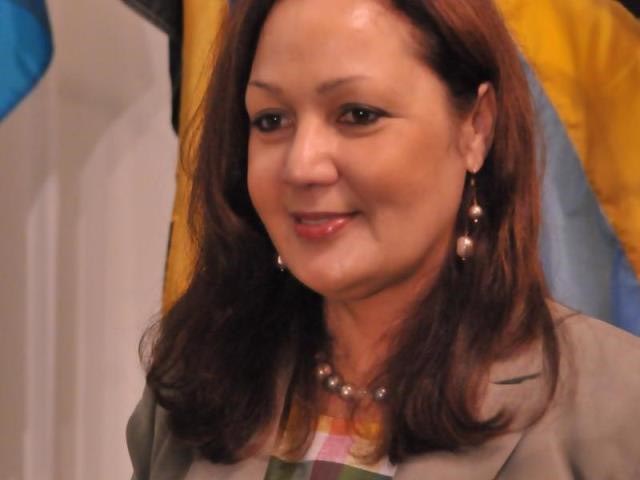A status report issued by the Caricom Regional Marijuana Commission says that the subject of ganja has emerged as an issue of social significance across the region.
According to a Caricom press release, the Carib-bean Community Heads of Government’s mandate to investigate the issue of marijuana use in the Community resulted in national consultations over the past two years in nine countries of the Com-munity, including Antigua and Barbuda, Barbados, Belize, Commonwealth of The Bahamas, Guyana, Montserrat, St. Kitts and Nevis, St. Vincent and the Grenadines and Suriname. Consultations in Dominica were cancelled because of Hurricane Maria.
The Regional Marijuana Commission is expected to present its findings and recommendations to the Thirty-Ninth Regular meeting of Caricom Heads of Government scheduled for the first week in July 2018, in Jamaica.
“It embraces several complex dimensions, including the scientific, economic, social, religious and legal…. and there [are] many commonalities in the discourse….” These include “… vital information and strong opinions about marijuana and its use, including strong lobbying for use for medical reasons from a group of persons living with disabilities and in wheelchairs…,” excerpts from the report, quoted in the press release. The report further states “just as many persons had important questions, wanted more information and education and looked to the Commission’s Report to provide those answers”.
According to the press release, some states in the Community have already initiated action on the issue; and in those states where decisions have already been taken to engage in law reform, the call for more public
education and a more coherent regional approach has been made.
The ten-person commission comprising experts in the scientific, medical, legal and social science fields, as well as a representative each from the religious community and youth were required by Heads, according to the Caricom release, to –“conduct a rigorous enquiry into the social, economic, health and legal issues surrounding marijuana use in the Caribbean and to determine whether there should be a change in the current drug classification of marijuana, thereby making the drug more accessible for all types of usage (religious, recreational, medical and research)”.
The Commission was also required to recommend the legal and administrative conditions to be applied should there be reclassification, the release also stated. The Commission has been reviewing information and secondary data pertaining to marijuana laws/legislation regulating its use and classification, findings related to research conducted on the medical/medicinal use of marijuana, the economic and social impact and its implications for the Region.
In addition, the Caricom Secretariat, working with the various Ministries of Foreign Affairs, facilitated national consultations with the Marijuana Regional Commission, according to the Caricom statement. These consultations were conducted through focus groups and public Town Hall meetings. Focus groups included representatives from the National Drug Councils, or their equivalents, law enforcement personnel, in and out of school youth and organizations and entities that work with, faith-based organizations and Special Interests Groups such as researchers, medical practitioners, Non-Government Organisations, practitioners of alternative medicine and advocates for medicinal use of marijuana.
Information gathering is ongoing, the press release said. To this end, data are being collected from adolescents and youth with the assistance of Directors of National Drug Councils regionally and through social media survey.
The Commission is inviting the public, researchers and other interested persons to submit written material on marijuana for use in its work. Information can be sent to marijuana@caricom.org. A special website has been set up for the initiative and can be accessed at www.caricom.org/marijuana-commission.






